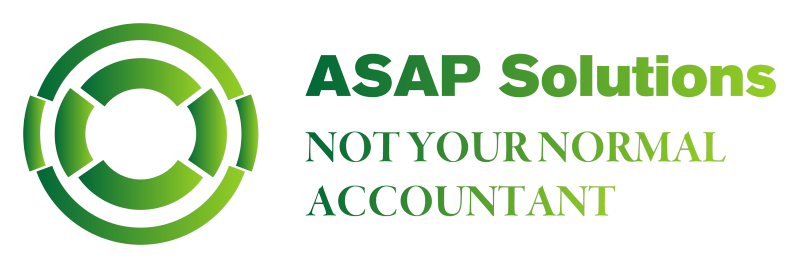The new Small Business Technology Investment and Skills Boost is set to benefit small businesses by offering them tax incentives for investing in technology for their business. Here are some facts you need to know about the grant:
What is a tax deduction?
To understand how these new tax offsets can benefit your business, you must first understand how tax deductions work. A tax deduction is a business expense you have incurred during the operation of your business, which you can then claim as part of your tax return to reduce your taxable income (the amount of tax you have to pay at the end of the financial year). There are many types of business expenses, with a number of guidelines on what you can and cannot claim. Some expense claims can be complicated to work out (such as determining what percentage of your computer is used for work or personal use) while many expenses are 100% tax deductible – meaning you can claim the full cost incurred on tax.
Small Business Technology Investment Boost
Under the new scheme, businesses will be able to claim a total deduction of 120% on digital assets and services such as portable payment devices, cyber security systems, or subscriptions to cloud-based services. These assets are the examples that have been announced by the government so far, but once the law has passed, we will have more details on exactly what you can and cannot claim under this incentive.
The boost will apply to expenses incurred from 29 March 2022 – 30 June 2023, and is capped at $100,000 in expenditure. In most instances, businesses will still be able to claim expenditures over $100,000 as they normally would, the boost incentive will not apply once the threshold is reached.
How to Claim the Technology Investment Boost
For any eligible digital expenditure incurred between 7:30 pm AEDT 29 March 2022 and 30 June 2022 businesses can:
- claim the expense as per usual in your 2021–22 tax return, and
- claim the extra 20% bonus deduction for this period in your 2022–23 tax return.
For any eligible digital expenditure incurred from 1 July 2022 until 30 June 2023:
- the entire 120% can be claimed as a deduction your 2022–23 tax return.
Small Business Skills and Training Boost
The Small Business Skills and Training boost allows businesses with an aggregated annual turnover of less than $50 million to claim a further 20% tax deduction on expenditure incurred on eligible training courses provided to employees.
The training must be provided by a registered business within Australia and it must be an external organisation.
Therefore, it doesn’t apply to in-house or on-the-job training. The Small Business Skills and Training boost will apply for eligible expenditure from 29 March 2022 – 30 June 2024.
How to claim the skills and training boost
For any eligible expenditure incurred between 7:30 pm AEDT 29 March 2022 until 30 June 2022:
- claim the expense as usual in your 2021–22 tax return, and
- claim the extra 20% bonus tax deduction for this period in your 2022–23 tax return.
For eligible expenditures incurred from 1 July 2022 until 30 June 2023:
- the entire 120% can be claimed as a deduction on your 2022–23 tax return.
For eligible expenditures incurred from 1 July 2023 until 30 June 2024:
- the entire 120% can be claimed as a deduction on your 2023–24 tax return.
Tracking Your Business Expenses
If you aren’t already tracking your expenses, we recommend doing so and making note of any expenditures that may be eligible for either of these new tax offsets. For any tax deductions you wish to claim, you must keep records such as receipts or invoices in either paper or electronic form. It is recommended to keep these records for five years from the date you lodge your tax return. Implementing accounting software is also an easy way to help manage your business expenses by helping to store your records and categorise your expenses correctly.
Ultimately, the goal is to ensure you are not paying more tax than you need to. Knowing what you are eligible to claim as a tax deduction can be confusing, and it can often be hard to know what to look for and if you are taking advantage of every possible incentive. If you’re unsure or would like any assistance with your tax, please book an appointment with me. I offer a free initial consultation, where we can discuss your tax needs and how I can best assist you and save you money at tax time.
This blog post is intended for informational and educational purposes only. The information provided in this blog post should not be taken as professional accounting advice or recommendations.
Liability limited by a scheme approved under Professional Standards Legislation.



